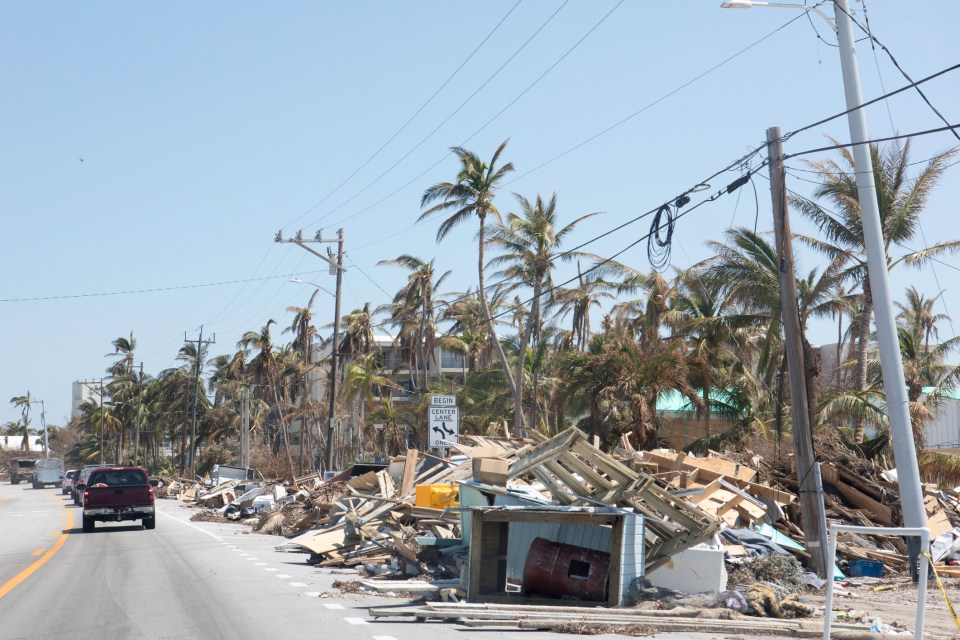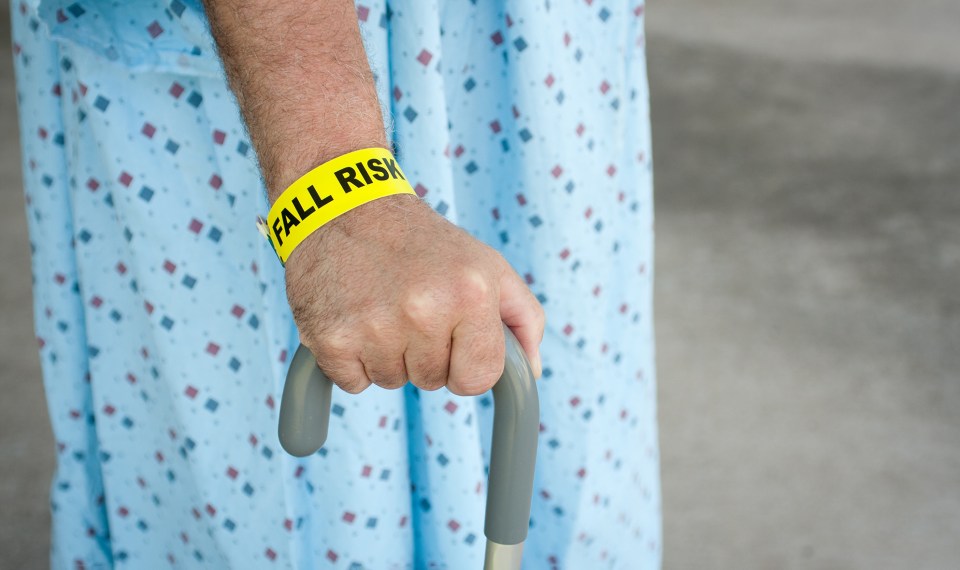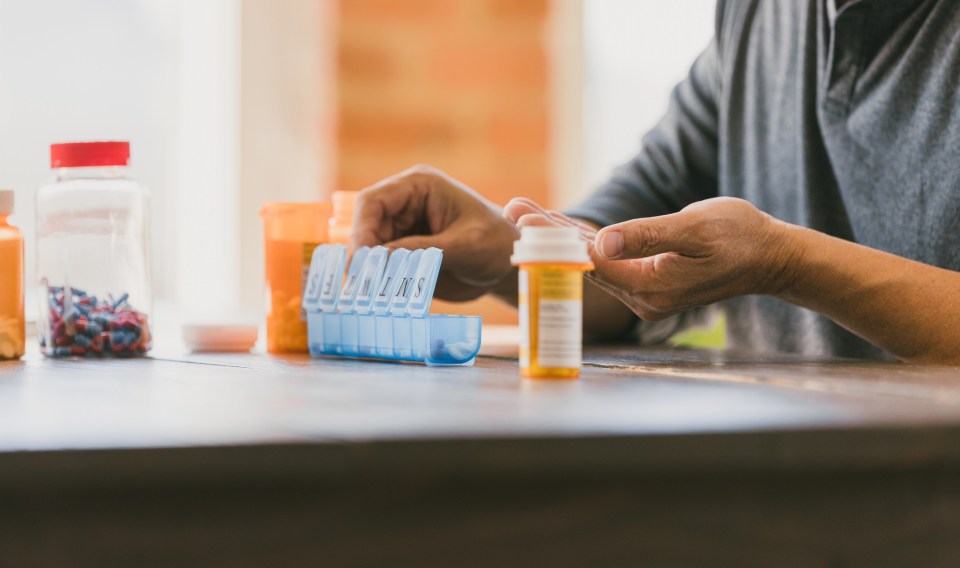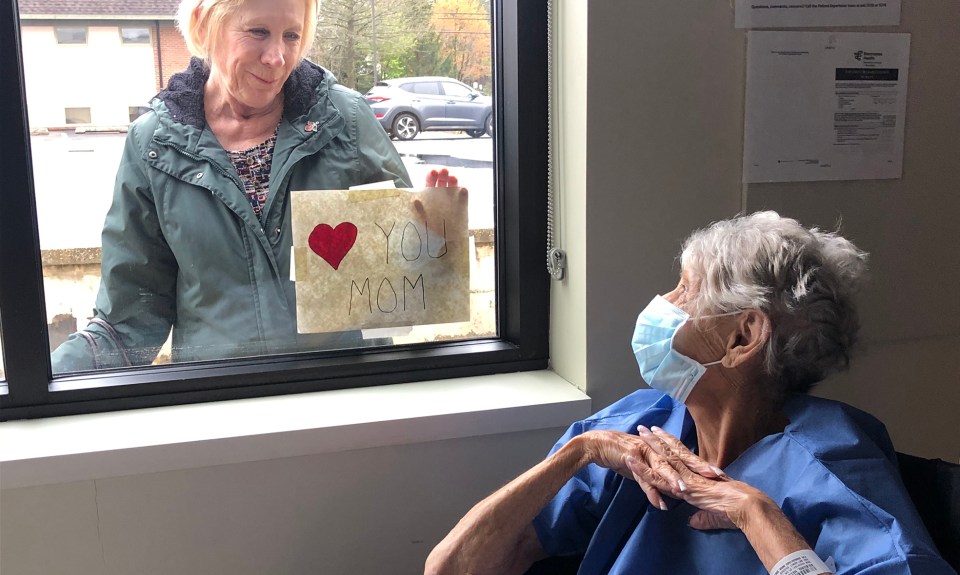Each year, millions of people are affected by natural and man-made disasters, in addition to other emergency situations. Events such as tornados, coastal storms, wildfires and flooding can come with great unpredictability, often leaving people unprepared in times of need.
Homecare agencies can play a critical role in emergency preparedness and response efforts for all types of unforeseen events to their patients. The Encompass Health inpatient rehabilitation and home health and hospice teams help patients plan and prepare for the unexpected and provide the care and support they need to safely recover.
Planning ahead
In emergency situations, access to resources and availability of essential services can be limited. Planning ahead can help people prepare for the impact and immediate aftermath of an emergency or disaster.
The Encompass Health home health and hospice clinical teams assist each patient in preparing a personal emergency or disaster plan for natural and man-made disasters such as hazardous material spills, fires or electrical failures.
“Our home health and hospice teams encourage patients and their families to think about their plan should an emergency occur,” said Mary Jo Mixtacki, vice president of regulatory affairs at Encompass Health – Home Health & Hospice. “We walk them through the importance of having things like medication lists, flashlights, first aid kits and an evacuation plan ready should they need it.”
Providing high-quality care during an emergency
In the event of an emergency or disaster, the Encompass Health teams are prepared to continue providing high-quality, compassionate care when patients need it most.
“Our clinicians are well-trained to respond in times of emergencies,” Mixtacki said. “We require annual training each year for all of our home health and hospice branches, which includes a mock disaster drill that helps clinicians prepare for those unexpected moments.”
The Encompass Health home health and hospice teams utilize a patient priority system in the event of a disaster or emergency. The system is used to identify patients at highest risk for injury or adverse effect if their care is interrupted.
The home health and hospice teams also utilizes wrist bands to be placed on patients in the event of an evacuation to identify Encompass Health patients. In addition, the care management team, based in the Dallas home office, can assist in registering missing home health or hospice patients.
While not as common, pandemics are man-made emergencies that require fast-acting response from healthcare professionals. From the beginning of the COVID-19 pandemic, Encompass Health has implemented protocols that are consistent with guidelines from the Centers for Disease Control and Prevention (CDC) and elevated existing infection control protocols to ensure patients receive the safest care possible.
Stronger together
With branches across the country, the Encompass Health home health and hospice teams are able to work closely together to help patients and coworkers in the midst of an emergency or disaster.
In October 2018, Hurricane Michael made landfall in the Florida panhandle, significantly impacting many Encompass Health branches. As a result, the Encompass Health home health and hospice teams were faced with the task of locating some 600 patients.
During this time, Encompass Health employees rose to the challenge, despite dealing with their own personal loss. Days after the storm passed, Encompass Health employees were still helping patients and ensuring they were safe in the aftermath.
The home health and hospice teams were able to seek help from FEMA to get oxygen and generators to patients who needed it most. One home health physical therapist drove his Jeep throughout the Panhandle, helping find patients zip code by zip code. A week after the storm hit, they had been able to locate the majority of patients, many of which lived alone.
“We had so many patients tell us we were the only people looking for them,” said Nora Mohorter, regional vice president of sales at Encompass Health – Home Health & Hospice. “Nobody was coming to get them, so at least they knew we were there and checking on them as soon as humanly possible.”
The content of this site is for informational purposes only and should not be taken as professional medical advice. Always seek the advice of your physician or other qualified healthcare provider with any questions you may have regarding any medical conditions or treatments.



